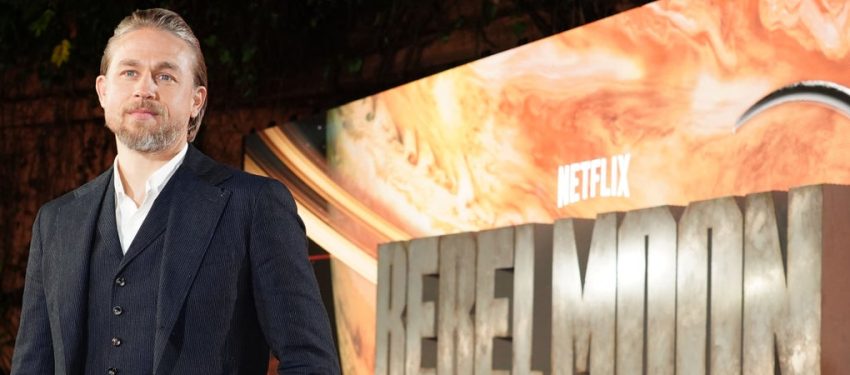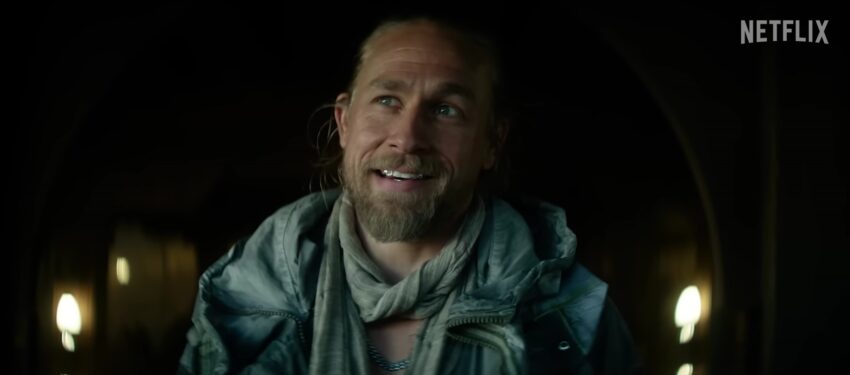MSN.com — British actor Charlie Hunnam said he “begged” the director to let him switch roles after reading for a different character in his Rebel Moon Part One: A Child Of Fire audition.
The Gentleman star, 43, plays pilot and gun for hire Kai, one of the warriors Kora (Sofia Boutella) assembles who share a common need for redemption and risk their lives to defend the people of Veldt – in the film launching on December 15.
However, at the London premiere at the BFI IMAX, Hunnam said he had originally auditioned for a different role.
“I wasn’t reading the script for Kai,” he told the PA news agency.
“I was reading the script for another character and immediately when Kai showed up I was like ‘forget that other geezer, I’m playing Kai’.
“And so I wasn’t sure if it was already cast or if Zack (Snyder) would be up for it.”
He later said “I begged for it actually” referencing the role.
“You know he’s a very interesting character Kai, you never really know what he’s about, my sense is he’s very sincere about everything,” Hunnam said.
“He’s got a lot of different faces and actually all of them are true, he’s kind of conflicted, he’s definitely a naughty boy and he knows it, he’s trying to do well in the world.”




















